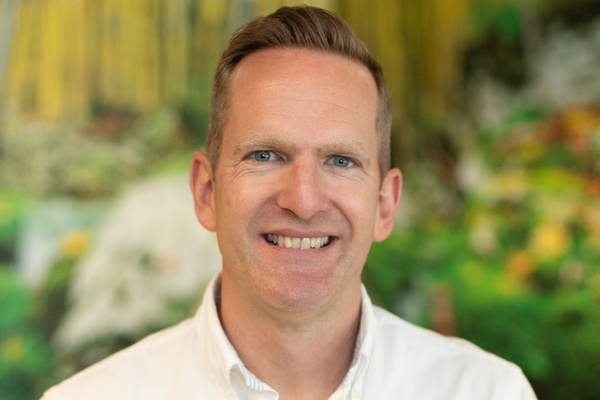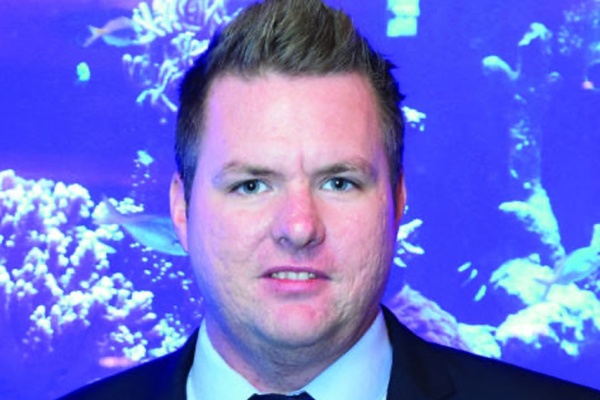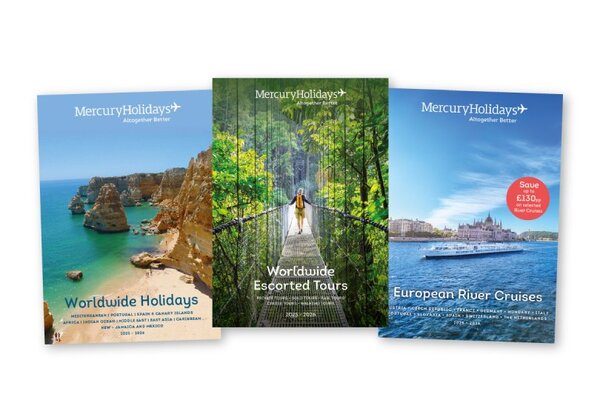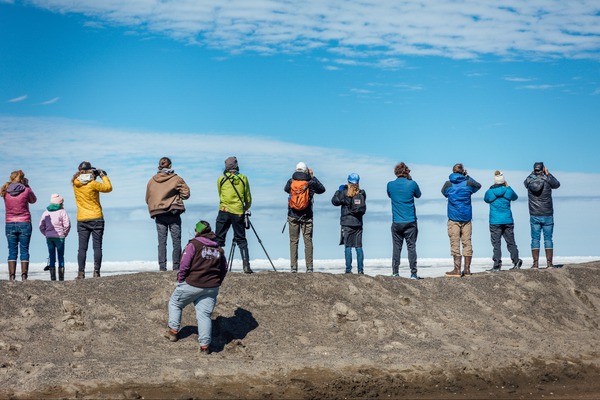Intrepid chief: ‘We're spending a lot on driving customers to travel agents’
 Sarah Dennis
Sarah DennisFor Intrepid Travel chief James Thornton, “as much responsibility” lies with the operator as it does agents to keep growing its business with the trade.
Speaking to TTG after the adventure specialist bounced back from a £9 million loss in 2022 to post a £17.8 million pre-tax profit for 2023, Thornton is full of praise for Intrepid’s “great relationships” with agents.
Around 40% of Intrepid’s UK business currently comes through the trade, and Thornton is mindful of the operator’s historic trade ties on which the business was built during the late 1980s in Australia.
“We have great relationships with trade partners and we want to grow them, and we’re spending a lot on brand advertising to help drive customers to travel agents,” he insists.
While Australian travellers make up the largest share of the operator’s business, the UK is holding its own at around 30% – and is currently Intrepid’s fastest growing market, Thornton reveals.
He is buoyant after Intrepid’s “great start” to 2024, which saw sales in January and February climb by 29% year-on-year, and positive about the growth of the adventure travel market.
“People are valuing experience over material possessions, and we have a 35-year history of delivering this,” he says.
He concedes that sustainability is not the reason for booking a trip for the first time for most consumers but “it might very much be a reason why they repeat because they’re aware of our sustainability credentials and they’ve had a great experience”.
In 2018, Intrepid became one of travel’s first B Corp Certified businesses, and will recertify for a second time this year. As the operator prepares to go through the process for a third time, Thornton insists no one is resting on their laurels, adding he sees it as an opportunity for the business.
“Back then, we had 21 legal entities to get through the process,” he explains. “Now it’s 56. We see the independent certification as a roadmap to keep improving.
“[Being] B Corp Certified also helps us attract quality people to the company,” Thornton continues, adding that around 10% of those people working for Intrepid – some 421 employees – hold shares in the company.
Thornton acknowledges a rise in Intrepid’s 2023 carbon emissions compared with 2022 despite its commitment to science-based carbon reduction targets requiring the operator to halve its emissions by 2035 and be net zero by 2050.
“The first thing is just carrying an enormous number of more customers. We’re also now reporting the five acquired businesses [during the pandemic], that have never had carbon reporting before.”
The challenge is getting tougher as reporting gets more sophisticated, Thornton says, highlighting how Intrepid has commissioned PwC to provide independent assurance of its environmental performance.
“We’re now moving into a world led by European legislation – within five years, carbon emissions will have to be reported in a similar way to financials so we’re trying to get ahead of that curve,” he explains.
Around 80% of Intrepid’s trips have carbon labels, and the operator is aiming to expand that to 100%. It is also placing particular focus on reducing internal flights on its trips, or removing them altogether.
“That’s one really important first measure,” Thornton says. “We know flights are the most carbon intensive part of transport, and transport is the most carbon intensive aspect of travel.”
But he is adamant travel “shouldn’t be shaming people” for flying long-haul. “It’s about informing a traveller when they do travel to make sure they try to go with companies that give back to local communities that are trying to decarbonise.
“There are many benefits of travel, not just to local people in stimulating economies as the greatest form of wealth distribution, but just in the power of recognising we as people have more similarities than we do differences,” he reflects.
Sign up for weekday travel news and analysis straight to your inbox

Sarah Dennis
Supplier Directory
Find contacts for 260+ travel suppliers. Type name, company or destination.















